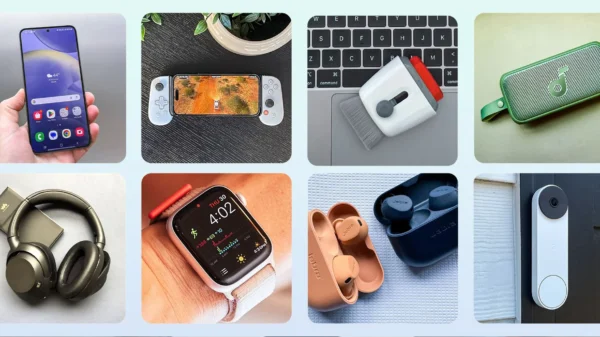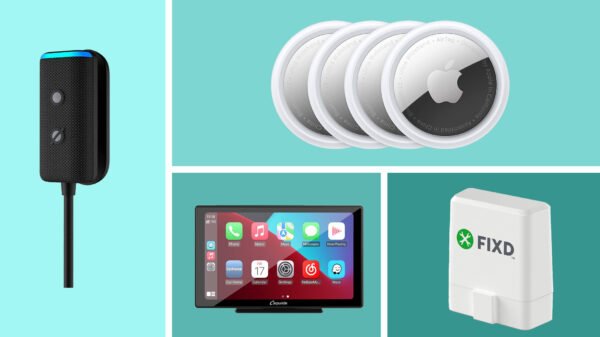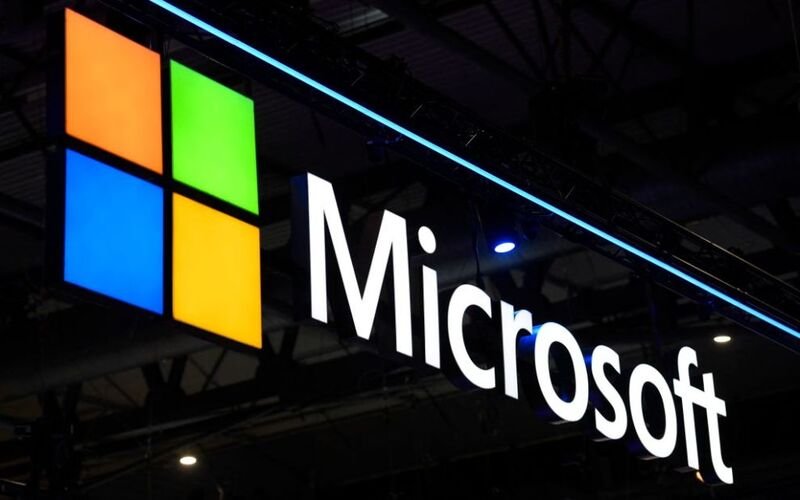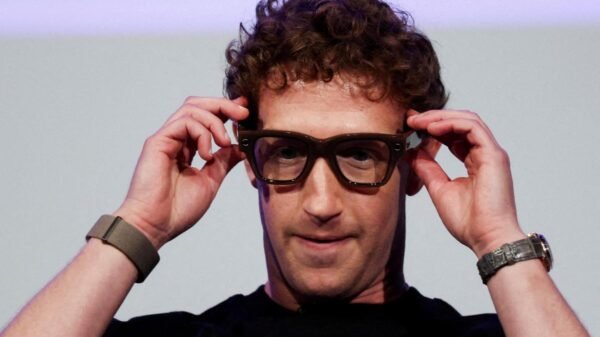Microsoft’s AI-powered design tool, Microsoft Designer, went live in public preview today with a broader range of functionality.
Designer, an online software similar to Canva introduced in October, can create designs for presentations, posters, digital postcards, invites, graphics, and more that can be shared on social media and other platforms. It uses DALL-E 2, OpenAI’s text-to-image AI, and user-generated material to generate designs, adding drop-down menus and text fields for further customization and personalization.
“Since October, the AI models have steadily improved, and we’ve worked to weave these powerful capabilities throughout the Designer canvas in even more delightful ways while keeping you in control,” Bryan Rognier, GM at Microsoft’s 365 Consumer division, said in a blog post posted today.
Now, Designers can produce hashtags and written descriptions for social media postings, providing users with various options. In addition, AI-powered animation software can also produce animated graphics with backdrops and text transitions.
According to Microsoft, Designers will eventually get more editing tools, such as the capacity to position an item in a certain location inside a visual and have the remainder of the image be filled in automatically. In addition, users can remove backgrounds, people, or other elements from graphics using the upcoming “erase” and “replace background” capabilities.
According to Microsoft, the Designer will stay free throughout the preview period. It may be accessed through the Designer website and the sidebar in Microsoft’s Edge browser. The Designer app will be a part of Microsoft 365 Personal and Family subscriptions once it is broadly accessible, although Microsoft didn’t specify what “some” capability meant.
Microsoft believes users would have “full” use rights to commercialize the photos they generate using Designer and Image Creator. This answers some of the legal concerns that have recently surfaced around AI-powered image-generation systems.
However, given the continuing legal disputes involving OpenAI and other businesses commercializing generative AI technologies, it’s uncertain whether that will alter.























































